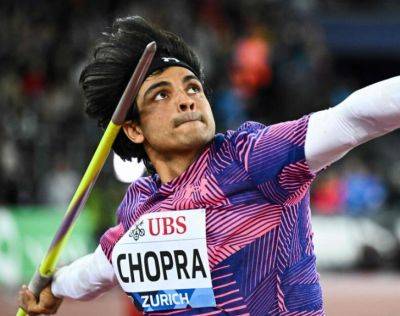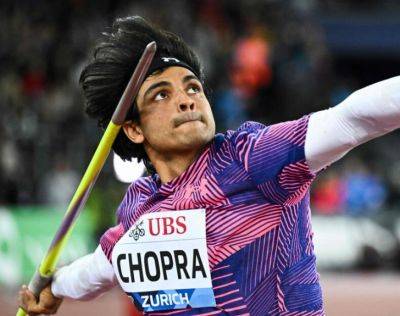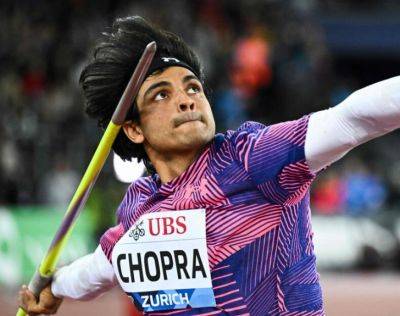Quinn's second coming leads to European stage with Shels
Shelbourne striker Jemma Quinn has traversed a unique path in making a return to the Champions League stage.
The WNL club begin their European odyssey next Wednesday (6 September) when they take on Glasgow City in Lithuania.
If Noel King's side defeat the current Scottish league champions, they will face the winners of FC Gintra (Lithuania) or Cardiff City (Wales) in the same venue as the Tolka Park outfit look to progress in this year's UEFA Women’s Champions League.
For 32-year-old Quinn, it is another step in a remarkable journey.
Growing up in the predominantly working-class area of Belcamp on the northside of Dublin, Quinn overcame numerous obstacles in early life.
Playing football at all was an early one, as girls in St Joseph’s primary school in Bonnybrook, were banned from the football yard until protests from Quinn and her friends convinced the school hierarchy to abolish the divide.
Quinn’s early teenage years were spent playing football on the streets of Belcamp and with the boys team at local club Saint Columban’s before linking up with current manager Noel King at Stella Maris, a club located in the shadow of Shelbourne’s home ground Tolka Park.
"It was a great group of girls, and we had international players like Aine O’Gorman and Stephanie Roche," she tells RTÉ Sport, "but at that time, we weren’t being looked after.
"There was an under-16 boys team and they had a lot more support around them. It was very, very difficult and then at the age of 19 or 20, I just completely lost interest. There was nothing for me.
"There was no incentive for me to stay, no support networks, no sports psychologists. It’s so important now for clubs to have those supports for young girls coming up."
Quinn’s relationship with football







